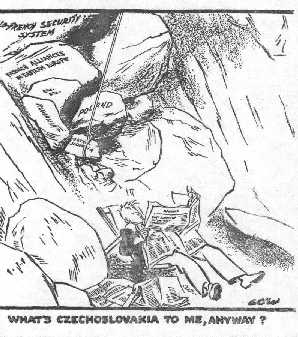 “We were wrong, terribly wrong. We owe it to future generations to explain why.”
“We were wrong, terribly wrong. We owe it to future generations to explain why.”--Robert S. McNamara
The Democratic perspective on Iraq: Bush is an illegitimate president, in the White House even though he lost to Gore by 540,000 votes. 9/11 took America to war against al-Qaeda, and Bush exploited that war to win the 2002 mid-term elections.
Instead of confining war to al-Qaeda in Afghanistan, Bush in 2003 undertook to bring democracy to Iraq, vastly expanding our combat effort. Bush failed to find the weapons of mass destruction used to justify invading Iraq, and Rumsfeld’s too-few-troops strategy failed to pacify Iraq. Bush nevertheless jerked the patriotism-in-time-of-war chord enough to win re-election in 2004. Now two more years on with no victory in sight, America should be fed up enough with Iraq to defeat Bush’s party in 2006.
To Democrats who remember the ‘60s as a heady time of youthful idealism, getting out of Iraq is ending the Vietnam War all over again. An accidental president from Texas forces us to fight the wrong enemy in the wrong place, lies to us about why we are there, and proclaims success when evidence shows otherwise. A misconceived effort to bomb and kill where people only want peace and a better life comes at the expense of federal programs at home and abroad to reduce poverty while expanding equality. It’s all so familiar.
Wasn’t the big lesson of our lifetime to stay out of wars we have no business fighting? And if we do go where we shouldn’t, get out as fast as possible. The U.S. paid dearly to learn the Vietnam lesson. Given that price, we must now commit totally to making sure America has “no more Vietnams.”
One problem. Iraq isn’t Vietnam.





















